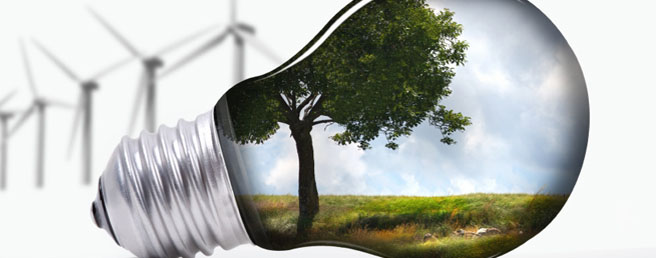
Climate Change
The impacts of climate change can be felt all over the world, in many different ways, and unfortunately the topic is so controversial that quite a bit of speculation and misinformation has made its way around the newsrooms and Internet. People are unsure of what to believe, and many people don’t have all the facts about how climate change began and what exactly it means for our planet.
Because global warming began with the Industrial Revolution, our Earth has gradually gotten warmer over the years, and because it takes a while to see the effects of that warmth, we may just now be seeing the damage that was set into motion years ago. What makes the subject so confusing is that the cause of climate change and global warming–fossil fuels and greenhouse gases–can be traced back to something that is actually good for the planet: carbon dioxide. When these gases rise to the atmosphere, they trap heat and keep our planet warm enough to inhabit. Without them, Earth would be too cold; with too many of those gases, however, the heat that is trapped causes a lot of problems. As the Earth’s temperature slowly rises, our winters will become warmer, glaciers and polar ice caps will continue to melt (which endangers plant and animal life), and storms and floods will be more prevalent, causing significant damage to much of the world’s coastal areas.
One of the best ways you can help mitigate the damage caused by global warming is by making your home more eco-friendly every time you use energy–electricity, hot water, heating and air conditioning–your home contributes a little bit to the carbon dioxide in the atmosphere. Making sure your family understands the consequences of that–and how to make your home more efficient –can help in the fight against global warming.
Here are some of the most common questions related to making your home green.
What are the best ways to make my home more energy efficient?
Replacing your light bulbs with energy efficient ones is a start. Along with that, ensuring that lights don’t get left on in rooms that aren’t being used, using natural light as often as possible, and installing solar panels on the roof are great ways to help save electricity…and cut down on your utility bill.
It’s also a good idea to think about your heating and A/C usage, as well as your home’s insulation. Cracks and gaps around doors and windows can cause air leakage, so seal them up with caulk. Make sure your attic space is well insulated and isn’t allowing heat or air to escape. Consider a smart thermostat that can be programmed so you aren’t paying for utilities you don’t need.
- Window films can decrease heat loss in the winter, as well as reduce the cost of cooling a building in the summer.
- Water Heater, It’s a good idea to make sure your hot water heater is up to date and working efficiently; you can make technology work for you and invest in a high efficiency water heater, or insulate it with a padded cover, which is the cheaper route.
Installing a low-flow toilet and shower head is also advisable, as this will ensure you’re not wasting water. If you have a large family, this can be especially helpful and can lower your utility bill each month.
What else can I do to help?
Consider carpooling or investing in a hybrid car, which will cut down significantly on the emissions you contribute to the atmosphere. It’s also advisable to think about the ways you shop and take care of daily chores; if you do a lot of shopping online, think about the ways it impacts the Earth: packing materials and the gas or diesel needed for delivery trucks are essentially two of the biggest contributors to global warming, so think about shopping locally.
How can I get my community involved?
Talk to friends, family, and neighbors about the best ways to help mitigate the damage of climate change. Start a recycling drive, or host a fundraiser to raise awareness and money for organizations like the Wildlife Federation. Plant trees in your neighborhood, especially if it’s in a newly-developed area where trees have been cut down.
Global warming is a scary topic, and many people feel helpless in its wake. However, there are many things you can do to change your carbon footprint, and you’ll likely save some money in the process.
Article written for WhosGreenOnline.com by, Jennifer McGregor, jennifer_mcgregor@publichealthlibrary.org

